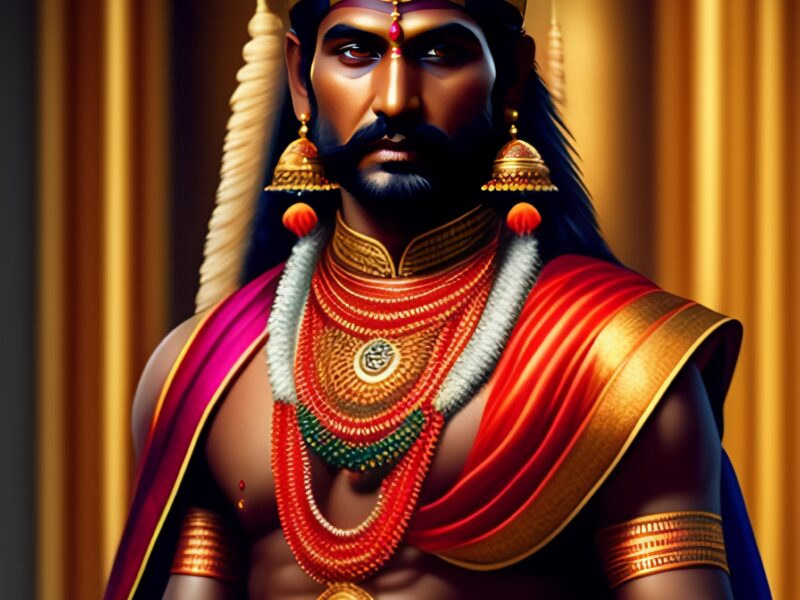Pitru Paksha and its Connection to Ancestral Lineage
Pitru Paksha, also known as the “Fortnight of the Ancestors” or “Mahalaya Paksha,” is a sacred and significant period in Hindu tradition that is intrinsically connected to one’s ancestral lineage. It is observed to honor and pay respects to one’s deceased ancestors, recognizing the vital role they play in shaping the present and future of the family. Here’s an explanation of Pitru Paksha and its deep connection to ancestral lineage:
- The Timing of Pitru Paksha:
- Pitru Paksha occurs during the dark lunar fortnight (Krishna Paksha) of the Hindu lunar month of Bhadrapada, which usually falls in September or October in the Gregorian calendar.
- It is believed that during this fortnight, the souls of deceased ancestors come to the earthly realm. Therefore, this period is considered highly auspicious for performing rituals in their memory.
- Honoring Generations Past:
- Pitru Paksha is a time when families collectively remember and honor their forefathers, extending gratitude for the legacy they have left behind.
- It fosters a sense of continuity and a connection between generations, acknowledging the profound influence ancestors have on the family’s values, traditions, and cultural identity.
- Rituals and Offerings:
- Families perform a series of rituals during Pitru Paksha, including Tarpana (offering of water mixed with sesame seeds and barley), Pinda Daan (offering of rice balls), and recitation of mantras and prayers.
- These rituals are conducted to ensure the well-being and spiritual progression of the departed souls. The offerings are believed to nourish and appease the ancestors.
- Resolving Ancestral Karma:
- Hinduism emphasizes the concept of karma, where one’s actions have consequences. Pitru Paksha provides an opportunity to resolve any unresolved karma that the ancestors may carry with them into the afterlife.
- Families seek forgiveness on behalf of their forefathers for any wrongdoings committed during their lifetimes, thereby helping to mitigate negative karma.
- Seeking Blessings and Guidance:
- Pitru Paksha rituals also involve seeking the blessings and guidance of one’s ancestors. Families believe that appeased ancestors become benevolent protectors, guiding the living toward righteous paths.
- The blessings of ancestors are seen as a source of strength, wisdom, and protection in the face of life’s challenges.
- Cultural and Family Identity:
- Observing Pitru Paksha reinforces the cultural and familial identity of a person. It reminds individuals of their roots, heritage, and the traditions that have been passed down through generations.
- This connection to one’s ancestral lineage is a source of pride and a link to the shared history of the family.
- Preservation of Traditions:
- Pitru Paksha ensures the continuity and preservation of age-old customs and rituals. It encourages the passing down of these traditions from one generation to the next.
- By observing Pitru Paksha, families uphold the values and practices that define their ancestral lineage.
Pitru Paksha is a time-honored tradition in Hinduism that serves as a profound reminder of the enduring connection between the living and their ancestors. It acknowledges the integral role of ancestors in shaping family identity, values, and cultural heritage. Through rituals and offerings, Pitru Paksha ensures that the bond between generations remains strong and that the blessings and guidance of ancestors continue to be sought and cherished by their descendants.


